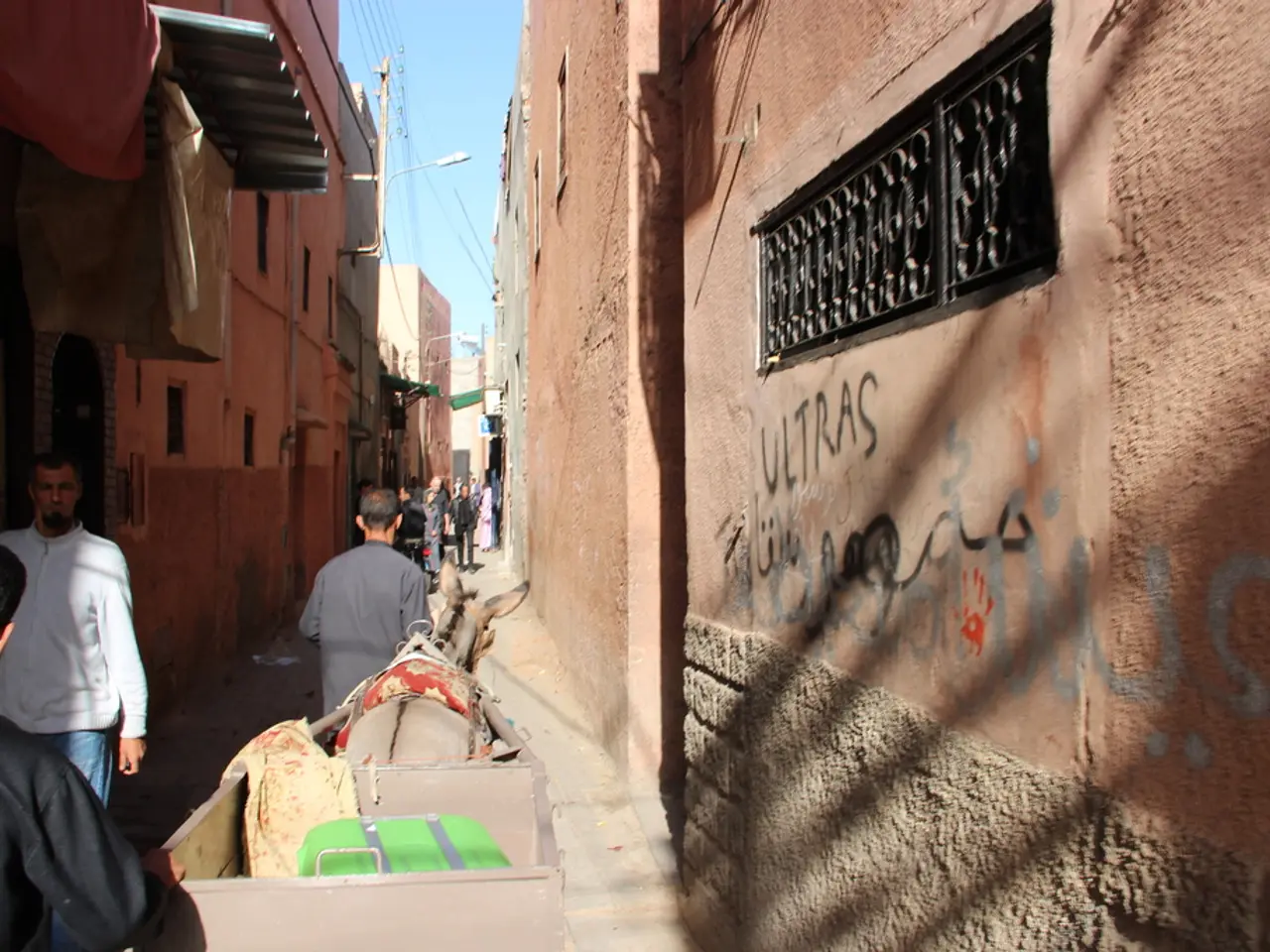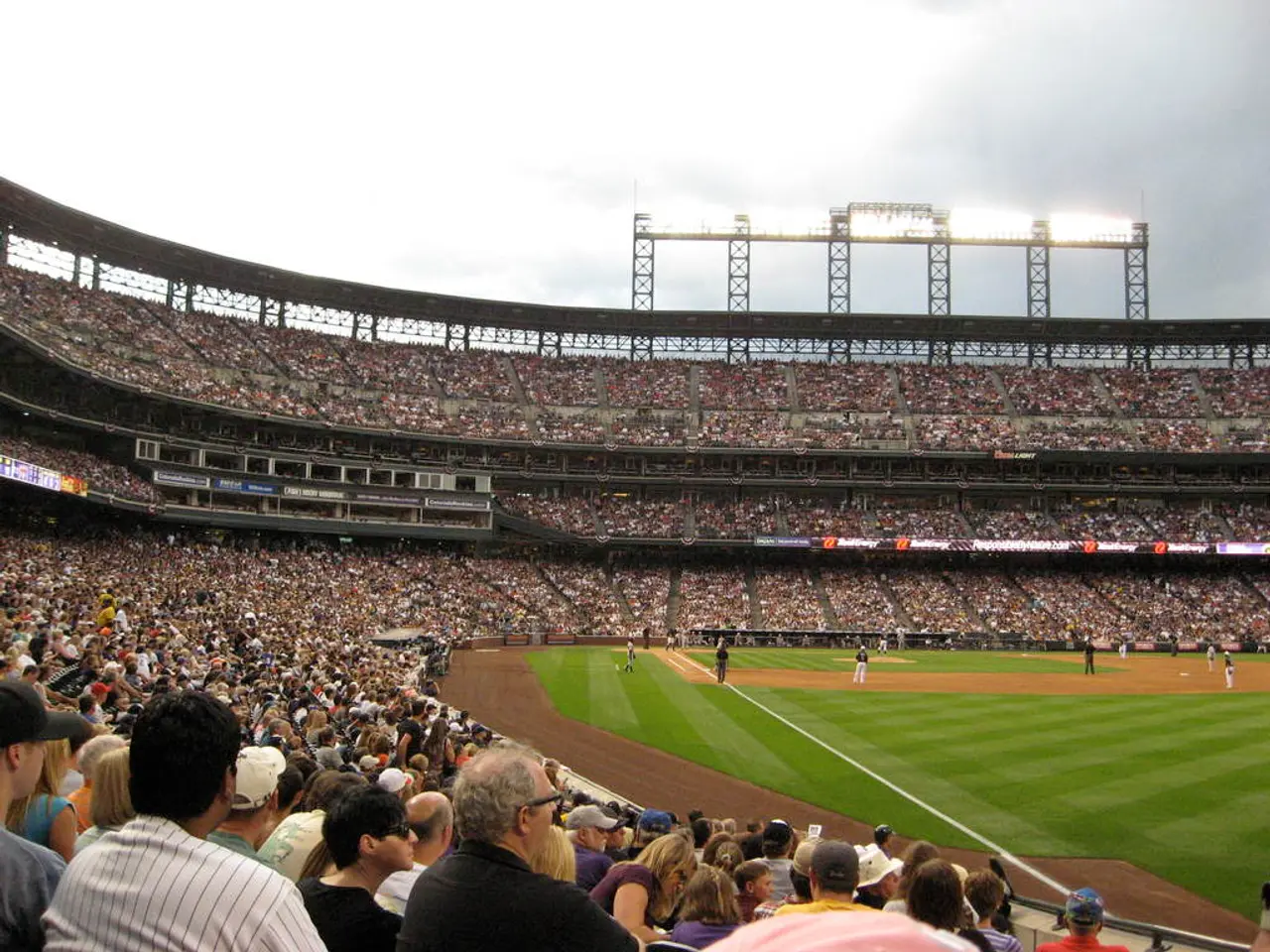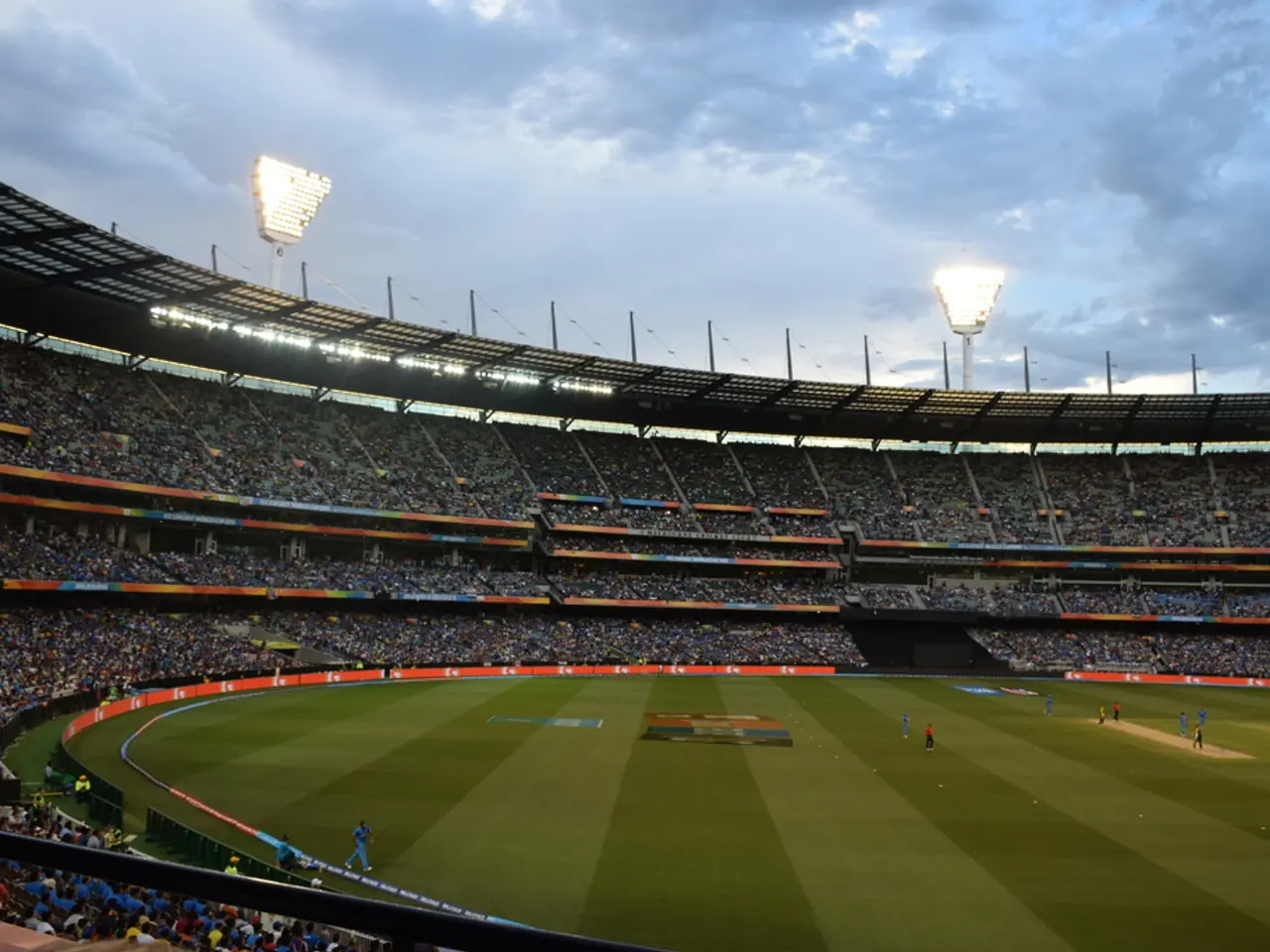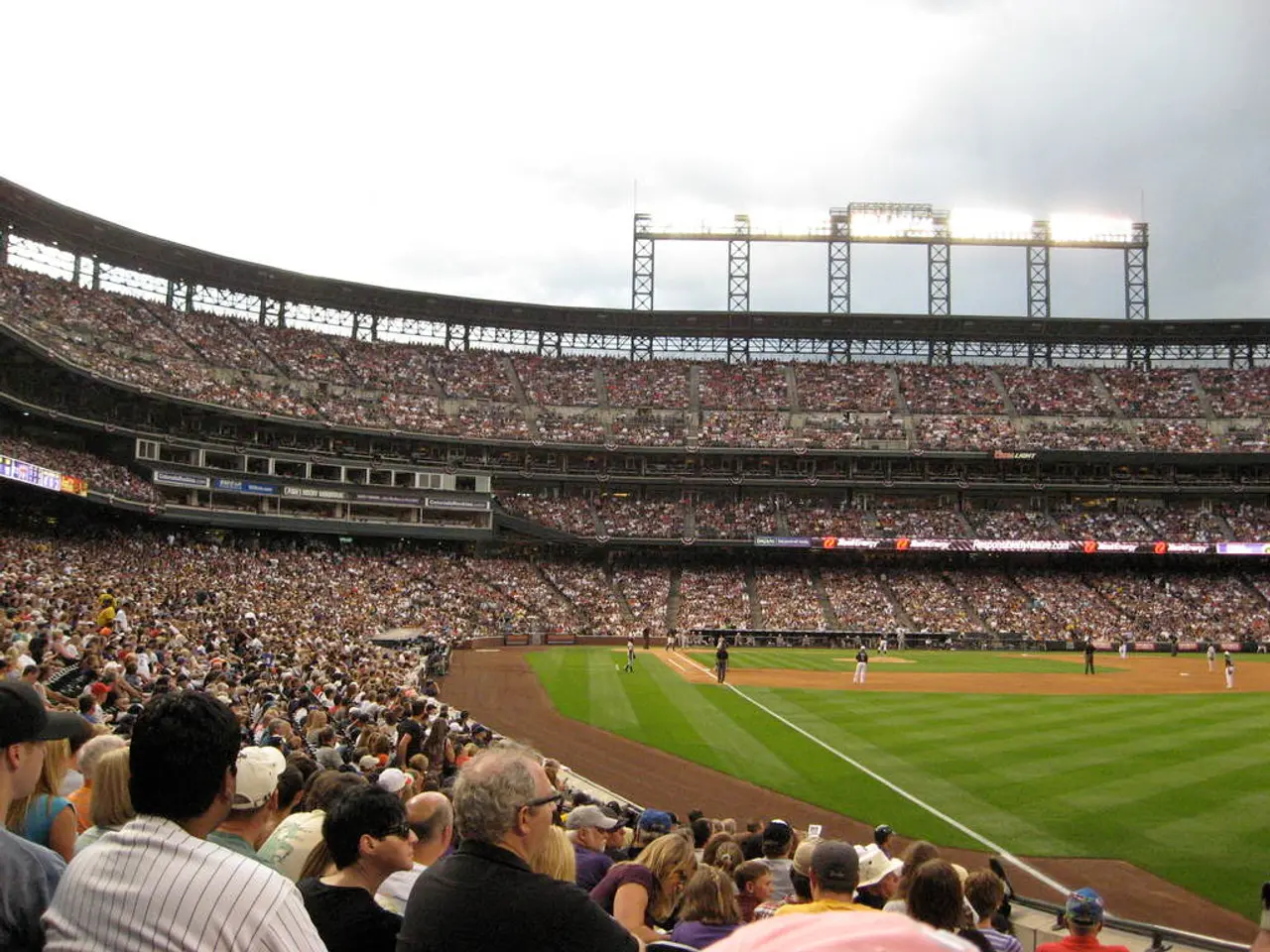Grasped optimism vanishes
The political landscape in the Middle East continues to be shaped by complexities, with the establishment of a functioning Palestinian state remaining an elusive goal. The current situation is marked by ongoing Israeli settlement expansion, political fragmentation within Palestinian governance, and broad international geopolitical complexities.
The threat from Hamas has made travel between Israel and Gaza difficult, with the fence around Gaza becoming more impenetrable over time. This, coupled with the controls for travel between the two territories, has made unified political representation and negotiations challenging. The Gaza Strip is currently under the control of the Palestinian Authority, but in theory only, as President Mahmoud Abbas has done little to implement the plan.
The Palestinian Autonomous Authority, ruled by decree since 2005, has faced internal strife, with deep enmity between Abbas' Fatah faction and Hamas. The latter took control of the Gaza Strip in mid-2007, leading to two separate legal systems and government systems emerging in the Gaza Strip and the West Bank. This division has further complicated unified political representation and negotiations.
The Israeli government, under Prime Minister Netanyahu, needs the support of the extreme right to stay in power. The ongoing settlement activities, regarded as illegal under international law, undermine the feasibility of a contiguous Palestinian state based on the pre-1967 borders. UN calls emphasize ending violence and halting annexation and forced displacement of Palestinians, which exacerbate tensions and weaken institutions on both sides.
Coexistence between Israelis and Palestinians is becoming increasingly difficult due to the radicalization of settlers and increasing attacks on Palestinians. Criminal gangs have taken control of parts of Gaza City, adding to the instability in the region.
Internationally, several Western and Arab countries, led by France and Saudi Arabia, are promoting recognition of a Palestinian state as a means to preserve the two-state solution, which they perceive as increasingly endangered. France, the UK, Canada, and others plan to recognize Palestine around the September 2025 UN General Assembly. This diplomatic push aims to implement “tangible, time-bound, and irreversible steps” toward statehood, including disarming Hamas and Israeli withdrawal from Gaza.
Despite the diplomatic momentum among many countries, major obstacles remain. Israel and the United States oppose the recent recognition efforts, viewing them as potentially rewarding Hamas and undermining direct negotiations. The internal split between Hamas and the Palestinian Authority also poses governance challenges, as unity is vital for effective statehood. Moreover, ongoing settlement expansion and Israeli military actions continue to erode the possibility of a viable Palestinian state under current conditions.
In summary, the main challenges for a functioning Palestinian state are Israeli settlements and annexation, internal political fragmentation, and geopolitical resistance chiefly from Israel and the US. Prospects depend on the international community's ability to solidify recognition alongside effective Palestinian political unity and cessation of settlement activity, aiming for a two-state solution with secure and recognized borders based on 1967 lines and Jerusalem as a shared capital.
References: [1] United Nations. (n.d.). Middle East peace process. United Nations. [2] BBC News. (2021, March 22). Palestinian statehood: What's behind the push for recognition? BBC News. [3] Al Jazeera. (2021, March 22). Palestine statehood: What's behind the push for recognition? Al Jazeera.
The ongoing war-and-conflicts in the Middle East, particularly between Israel and Palestine, are influenced significantly by politics, with the situation marked by ongoing Israeli settlement expansion, political fragmentation within Palestinian governance, and resistance from countries like Israel and the US to international calls for recognition of a Palestinian state. The General News reports also highlight the challenges of achieving unified political representation and negotiations amidst internal conflicts within the Palestinian Authority and the power struggle between Fatah and Hamas, which has resulted in two separate legal systems and government systems in the Gaza Strip and the West Bank.








